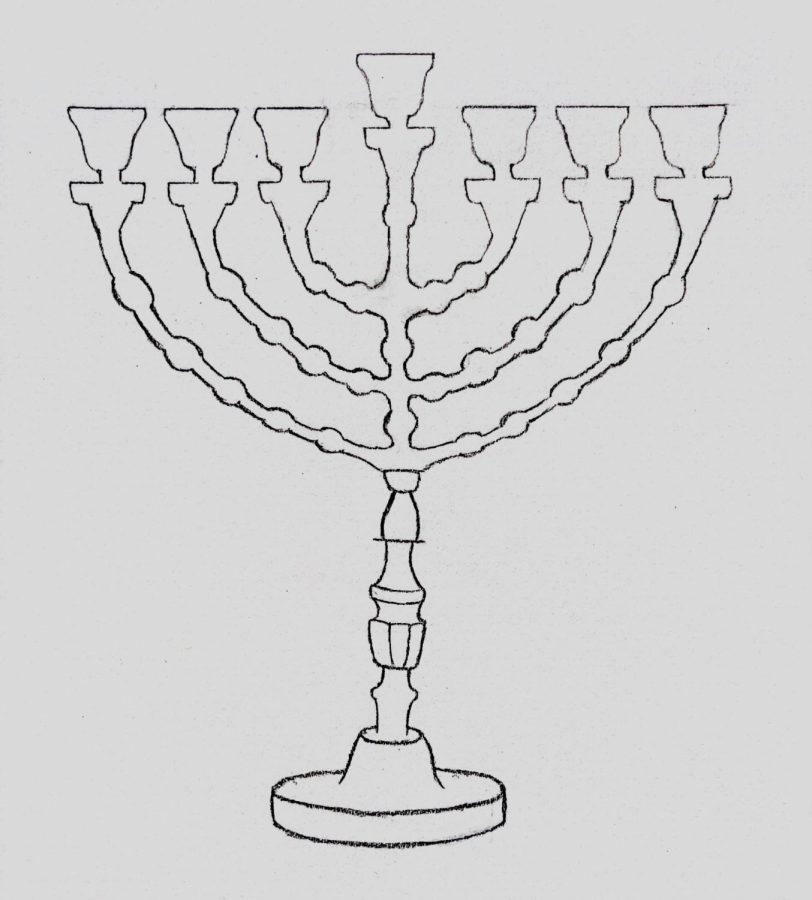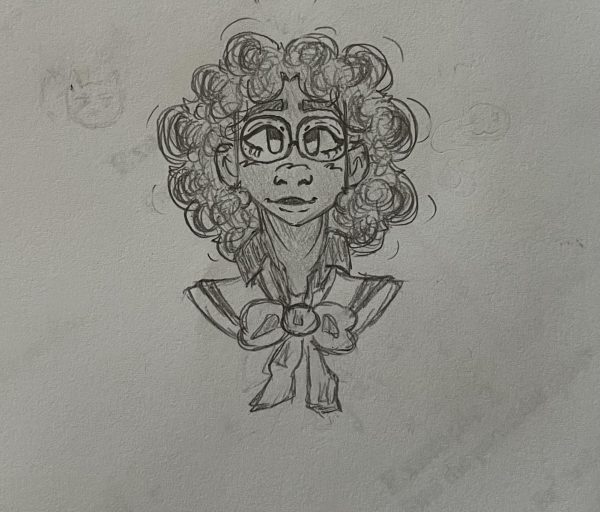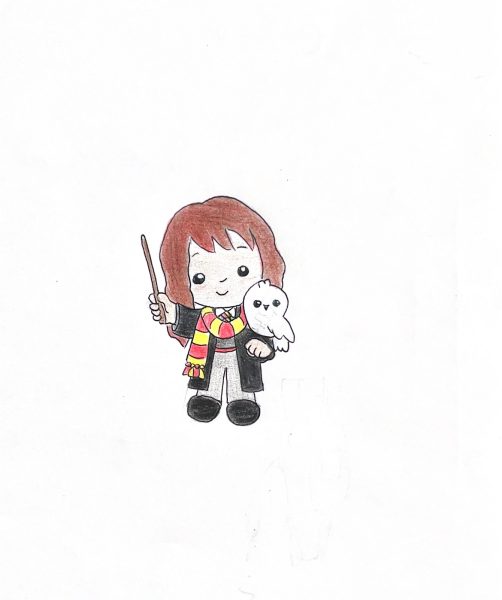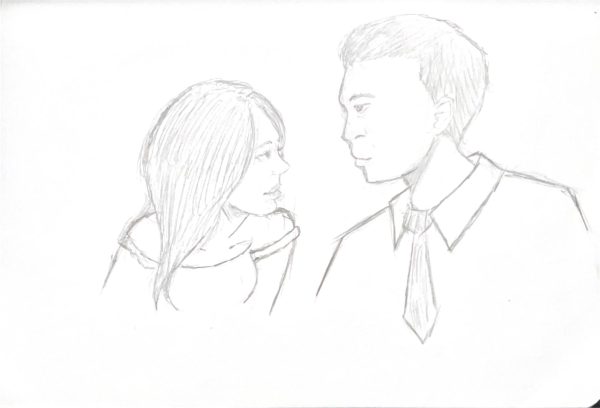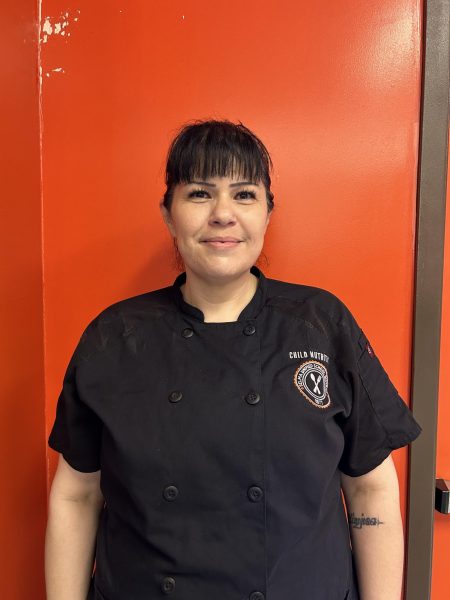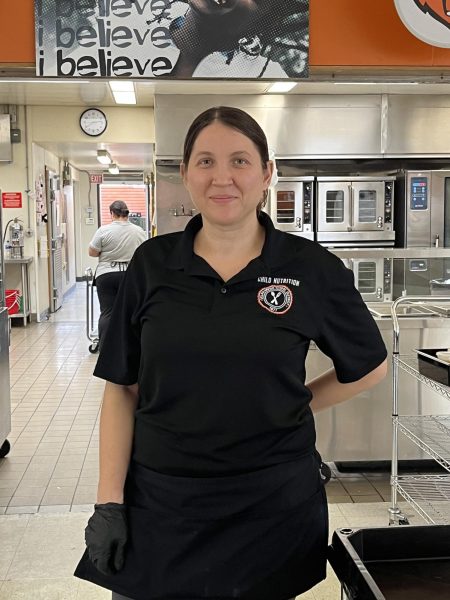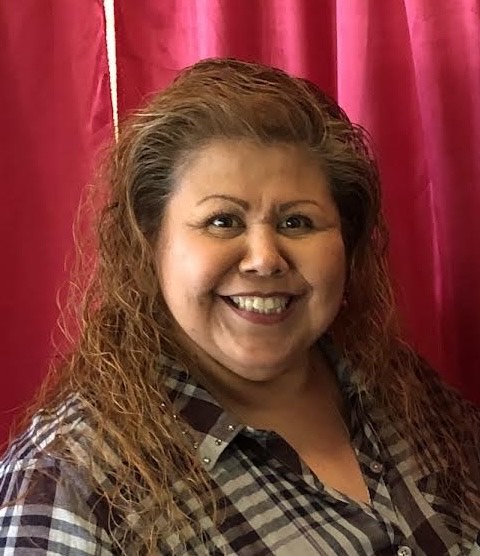Eight Days and Eight Lights
December 15, 2022
For many, December is a time of waiting for the Christmas holiday; however, from the evening of December 19 to the morning of December 26, the Jewish community celebrates Hanukkah.
Hanukkah commemorates the victory of the Maccabees, a group of Jewish warriors, in their revolt against the king of the Seleucid Empire, Antiochus IV, for desecrating the Temple in Jerusalem and for persecuting anybody who followed traditional Jewish customs and traditions.
After their victory, the temple was ordered to be cleansed and restored. After it was said to be purified, a new altar was installed and the new temple was dedicated. The dedication was to be celebrated for eight days every year due to the miraculous miracle of the Temple Oil. It is said that when the Temple light stand or menorah was lit with only a day’s worth of oil in a jar, the candle stayed lit for eight whole days until new consecrated oil could be located.
Due to the miracle of the oil, the main staple of Hanukkah is the lighting of the menorah every evening for the eight days. A menorah consists of eight branches and a holder for the shammash or servant candle that lights the eight other candles one by one every day. The candles are placed beforehand from right to left but lit from left to right while a special blessing is read aloud. Olive oil was originally to be used to light the menorah before being replaced by candles.
The holiday has both a religious and nonreligious side to it. Scripture is read daily during Hanukkah and some of the Psalms and a special hymn are recited too.
Popular foods during these times are potato pancakes, called latkes, and special doughnuts, called sufganiyot, as well as any food that can be fried in oil to remember the miracle of the oil.
Games are often played, the most common being the 4 sided top called the dreidel or sevivon. On each side is a Hebrew initial for the phrase “nes gadol hays sham”, meaning “a great miracle happened there.”
Gifts are sometimes exchanged and children receive presents and money, called the Hanukkah gelt, sometimes distributed in the form of chocolate coins wrapped in gold foil.
Ultimately, Hanukkah is a source of fun and celebration for the Jewish community despite the many different ways people choose to celebrate it.
